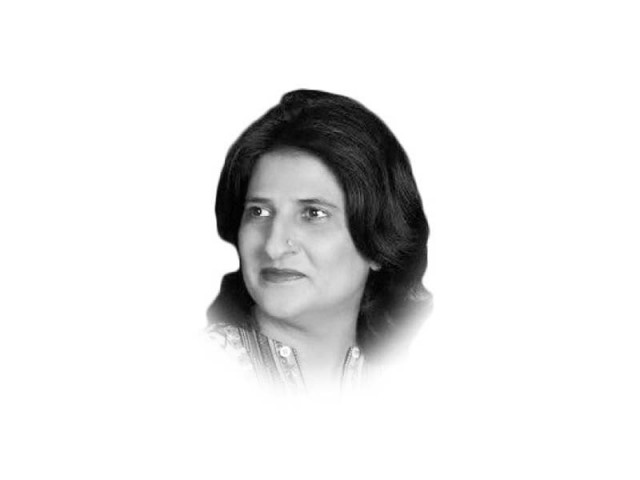Mosi II naval drills and the balance of power in Africa
China’s and Russia’s engagement with countries in the Global South is a sensitive subject for Western powers

The Joint Russian-Chinese-South African military drills being hosted by South Africa from February 17 to 26 is the top story on European TV channels, with foreign affairs experts insisting the drills will endanger South African ties with Western partners.
Russian media reports say Russia is participating in the drills with the frigate Admiral Gorshkov and the sea-going tanker ‘The Kama’; China is leading a destroyer, a frigate, and a support ship; and South Africa is taking part with one frigate and two support ships. Frigate Admiral Gorshkov is equipped with Zircon — a scramjet-powered maneuvering anti-ship hypersonic cruise missile.
This is not the first time in recent times that a sharp reaction has come from Western powers over the presence of Chinese or Russian military in the Indo-Pacific. The presence of the Chinese scientific research ship, Yuan Wang 5, at Sri Lanka’s Hambantota Port in August 2022 triggered loud criticism from India and the US. Both claimed the vessel was collecting sensitive data from Indian defence installations and was equipped with ballistic missile and satellite tracking. In September 2022, Russian-led naval drills, Vostok 2022, were condemned by the US, and Japan’s Defence Ministry claimed that six vessels from the Russian and Chinese navies fired machine guns in the Sea of Japan during the drills jointly conducted by naval ships of China and Russia in Russia’s Far East. Now Mosi II is under censure. Western defence analysts blame Russia for the Ukraine war and China for its aggressive posture towards Taiwan. They believe China and Russia must be stopped to influence strategically important trade routes of the African continent, and are calling on South Africa to refrain from giving opportunities to China and Russia to roam in African waters.
China’s and Russia’s engagement with countries in the Global South is a sensitive subject for Western powers who believe that China’s growing engagement is threatening “western interests”. Similarly, Russia is engaging the African States through development initiatives like the Russia-Africa Summit, taken in 2019 to ensure friendly ties between the Russian Federation and African States and to work for decolonisation and independence of African States through mutually beneficial cooperation that serves the interests of Russia and African nations. The next meeting of the Summit will be held in July 2023.
Russia, China and South Africa conducted their first joint exercise in the Cape of Good Hope area in November 2019 and Mosi II is the second in the last four years. China’s new foreign minister Qin Gang visited five African countries and the African Union in January 2023; the former foreign minister visited 48 African countries; and Xi Jinping undertook 10 visits to Africa between 2014 and 2020. We remember that China secured its seat in the UN General Assembly and Security Council in 1971 with the votes of African countries.
Western foreign affairs experts are expressing concern that China is challenging the US and European approaches to development cooperation with low- and middle-income countries, particularly in Africa where 23 out of 28 poorest countries of the world are situated.
Well-managed media campaign in Europe over Mosi II naval drills indicate that western experts seriously feel that the balance of power in Africa is going out of the control of Brussels and Washington, and the EU and US engagement in the Ukraine war is allowing China and Russia to establish their presence in the strategically important African continent.
According to Western writers, China took maximum advantage of NATO engagement in the Middle East wars, Afghanistan and the war on terror and nobody contested the rise of China that has changed the global economic scene in the last 20 years. They believe the US initiatives like AUKAS and QUAD are yet to get results and China is now marching successfully in Africa after consolidating its presence in South Asian and Middle Eastern waters. Their fears are not unfounded and the US and EU engagement in the Ukraine conflict after their defeat in Afghanistan is surely an advantage for China which has a bag full of incentives and opportunities that it is offering to poor nations through BRI.
Published in The Express Tribune, February 25th, 2023.
Like Opinion & Editorial on Facebook, follow @ETOpEd on Twitter to receive all updates on all our daily pieces.















COMMENTS
Comments are moderated and generally will be posted if they are on-topic and not abusive.
For more information, please see our Comments FAQ